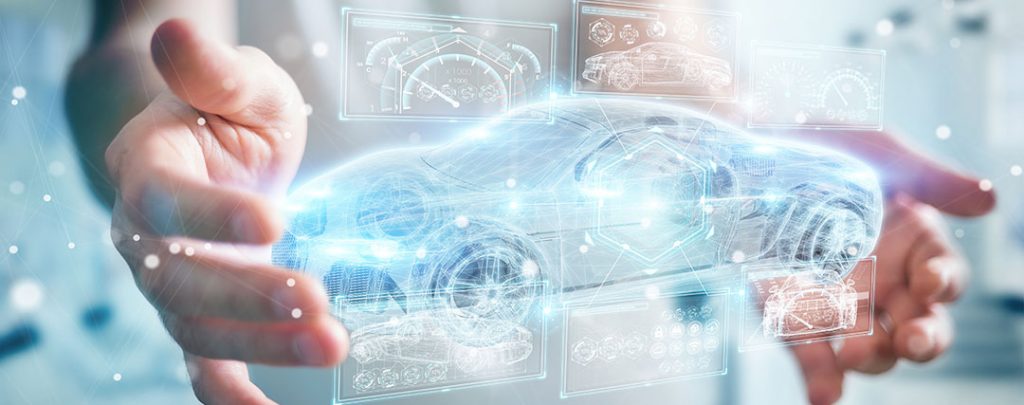
The Evolution of Cars
The evolution of cars is a remarkable journey that mirrors the progress of technology, design, and societal needs over the decades. From the early days of horseless carriages to the sleek, interconnected electric vehicles of today, cars have undergone profound transformations. The 20th century witnessed the rise of mass production and iconic designs, making automobiles accessible to a broader audience. Innovations like fuel injection, safety features, and automation further propelled the industry forward.
In recent years, environmental concerns have spurred a shift toward sustainable technologies, leading to the rise of electric and hybrid vehicles. The integration of artificial intelligence, advanced safety systems, and connectivity has redefined the driving experience. Moreover, the push for autonomous driving heralds a new era in transportation.
The evolution of cars isn’t merely about transportation; it’s a reflection of societal values, environmental awareness, and technological prowess. As the automotive industry continues to embrace change, from smart cities to green mobility, the evolution of cars stands as a testament to human ingenuity and our perpetual quest for safer, more efficient, and sustainable means of transportation.

The Evolution of Cars of Automobiles
Early Beginnings
The journey of automobiles dates back to the late 19th century, marked by the invention of the first practical automobile by Karl Benz in 1886. This three-wheeled vehicle paved the way for the automotive revolution, transforming the way people traveled and reshaping the landscape of transportation.
Mass Production and Accessibility
The introduction of assembly line production techniques by Henry Ford in the early 20th century revolutionized the automotive industry. Mass production not only made cars more affordable but also accelerated the pace of innovation, leading to advancements in design, performance, and safety features.
Technological Advancements
Electric Vehicles (EVs)
In recent years, there has been a notable shift toward electric vehicles (EVs) as the automotive industry embraces sustainable and eco-friendly practices. Major automakers are investing heavily in the development of electric cars, leveraging advancements in battery technology to improve range and performance.
Autonomous Driving
The concept of autonomous or self-driving cars has gained traction, with companies investing in artificial intelligence and sensor technologies to create vehicles capable of navigating without human intervention. While fully autonomous cars are still in the testing phase, features like adaptive cruise control and lane-keeping assist highlight the industry’s progress toward a more automated driving experience.
Connectivity and Smart Cars
Modern cars are increasingly becoming connected devices, incorporating sophisticated infotainment systems, navigation tools, and connectivity features. Smart cars can communicate with each other, exchange real-time traffic data, and even receive over-the-air software updates, showcasing the integration of technology into the driving experience.
Sustainable Practices and Green Innovations
As environmental concerns become more prominent, the automotive industry is focusing on sustainability. Manufacturers are developing greener technologies, including hybrid powertrains and alternative fuels, to reduce carbon emissions and minimize the environmental impact of driving.
Future Prospects
Artificial Intelligence (AI) Integration
The integration of artificial intelligence into automotive systems is set to redefine the driving experience. AI-powered features such as advanced driver-assistance systems (ADAS) enhance safety, optimize performance, and contribute to the development of fully autonomous vehicles.
Continued Innovation in Electric Mobility
The electric mobility sector is poised for significant growth, with ongoing research and development aimed at improving battery efficiency, charging infrastructure, and overall affordability. Electric cars are anticipated to play a pivotal role in the transition to a more sustainable and environmentally conscious transportation landscape.
Conclusion
In conclusion, the automotive industry is undergoing a transformative journey, marked by technological innovations, environmental consciousness, and a commitment to redefining the future of transportation. From the early days of motorized vehicles to the advent of electric and autonomous cars, the evolution of automobiles reflects our relentless pursuit of progress. As we navigate the automotive landscape, the integration of smart technologies, sustainable practices, and artificial intelligence holds the promise of a safer, more efficient, and environmentally friendly driving experience. The road ahead is paved with excitement and anticipation as the automotive industry continues to shape the way we move and live.
Read More : Cars: Beyond Transportation, A Symphony of Innovation




